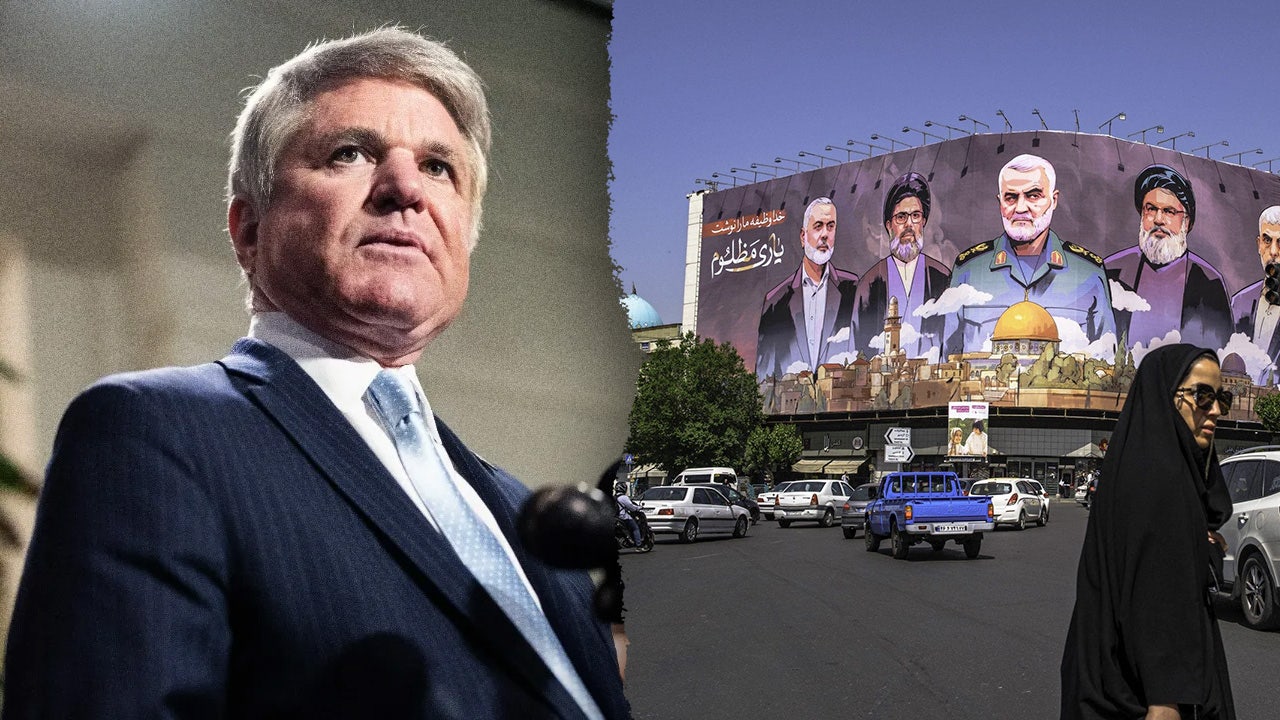Rep Michael McCaul says Israeli strikes ‘perfect opportunity’ for Iranians to rise up

The recent conflict between Israel and Iran has presented a unique opportunity for the people of Iran to overthrow their authoritarian Islamic government, according to senior U.S. lawmaker Rep. Michael McCaul. Following Israel’s pre-emptive strikes on Tehran, which targeted Iranian nuclear sites and resulted in the deaths of senior military commanders and nuclear scientists, McCaul believes that the conditions are ripe for the Iranian people to rise up against the ruling theocracy.
During a recent trip to the Middle East, McCaul and a delegation of lawmakers met with Israeli Prime Minister Benjamin Netanyahu, who expressed the urgent need to prevent Iran from obtaining a nuclear bomb. Israel’s strikes were seen as a major setback for Iran, prompting retaliatory missile launches towards Israeli territory.
McCaul highlighted the signs that a military operation was imminent, including Netanyahu’s warnings about the necessity of taking action against Iran. The congressman emphasized the need for coordination between the United States and its allies in the region to address the escalating tensions.
President Donald Trump revealed that he had prior knowledge of Israel’s strikes on Iran and reiterated the importance of preventing Iran from acquiring nuclear weapons. While Trump expressed hope for a return to negotiations with Iran, McCaul expressed skepticism about the prospects of successful diplomatic talks.
As Iran prepares to respond to Israel’s actions, President Masoud Pezeshkian has promised a “legitimate and powerful response.” The situation remains tense, with uncertainty surrounding the possibility of resumed negotiations between Iran and the U.S.
In the event that diplomatic efforts fail, McCaul believes that the Iranian people may be motivated to push for a new government and break free from the oppressive rule of the current theocratic regime. The congressman sees this moment as a critical opportunity for the Iranian people to achieve lasting change and establish a more democratic system of governance.
Overall, the conflict between Israel and Iran has created a complex and volatile situation in the Middle East, with far-reaching implications for regional stability and security. As tensions continue to escalate, the international community remains vigilant and prepared to respond to any further developments.




